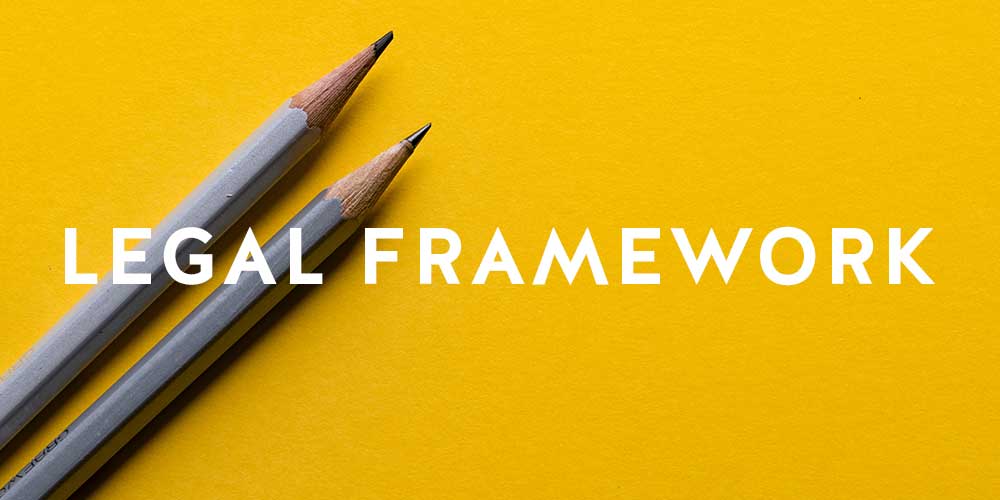Club Regulations: The Basics
When you get the basics right, everything runs more smoothly! The basics means understanding the legal framework involved in running your club, how memberships work, how to manage your club, and working out your activity plan. All of these things are key to ensuring your club is run right. If you have any questions about the information below, please contact our friendly RUSU Clubs team at rusu.clubs@rmit.edu.au, who will be happy to assist you.

Clubs' Legal Framework
- All RUSU Clubs are democratic, Constitutionally bound, not-for-profit organisations with formal Aims.
- RUSU Clubs must operate within their own Constitutions, policies & procedures, RUSU Regulations & all applicable RUSU & RMIT policies & procedures, & the Law (including SSAF Legislation).
- Club Constitutions must be consistent with the RUSU Clubs Model Constitution - it must contain at least the same sections and the content of the sections must be consistent with the Model.
- A copy of the RUSU Clubs Model Constitution is here
- RUSU Clubs are unincorporated. This means club members are individually liable for club debts, legal suits, etc. This liability will usually fall (at least initially) to the elected leaders of the club.
- Students can face university disciplinary procedures because of inappropriate behavior linked to club activity. Click here.
- Every RUSU Club must "affiliate" (register) and annually renew its' affiliation to RUSU (this is how RUSU clubs gain recognition from the University, access funding, insurance, training, support, equipment, room bookings, etc.)

Club Membership
- Every RUSU Club must have and maintain at least 20 currently enrolled RMIT Student Members. 30 are required to start a new club.
- Members must re-join their Club/s every year.
- RUSU Clubs must be open to all RMIT students with all RMIT student members enjoying equal benefits from their membership (Full Membership). Exceptions are Academic Clubs or where membership restrictions apply to promote substantive equality, and which meet the requirements for a special measure under Section 12 of the Equal Opportunities Act 2010 (VIC). For further detail, please refer to Section 4.10.2. of the RUSU Regulations.
- Non-RMIT Students (including RMIT Alumni) may join a RUSU Club as Associate Members but may not total more than 25% of the total Club Membership and do not have the right to be Executive Members of their Club's Board of Management nor to vote on club matters.
- Memberships must be taken online using one of the three (3) approved platforms - the club page on the RUSU website OR a Microsoft form OR a Google form. Membership lists in other forms (including handwritten ones) will NOT be accepted. RMIT students must join Clubs using their student email.
- Membership forms must collect certain personal details and club leaders have a legal responsibility to store and use membership details appropriately and in accordance with Privacy Laws.

Club Management
- Every Club must have an annual Board of Management of at least four (4) but no more than seven (7) Executive Members elected by and from the Club's Full Members. (Note: USUALLY, the students who apply for and gain PROV for a new club are elected as the first Executive. However, this is neither guaranteed nor required).
- Clubs may have additional non-Executive members on their Board (including Associate Members) but these members do not have voting rights at Board Meetings*. These may be elected or appointed positions.
- Decisions made by a Club Board may be overturned by vote at a Club General Meeting.
- A RUSU Club's Board of Management* as a whole is responsible for the delivery of the Club's Annual Activity Plan, recruiting members & maintaining membership lists, club communications & promotions, succession planning, training & supporting incoming Board Members, & ensuring their Club operates according to all relevant rules, policies, laws, etc.
- A RUSU Club's elected Executive component of its' Board of Management is responsible for the day-to-day governance of its Club including contracts, club finances, club meetings, elections, etc.
- Every Club Board of Management must meet at least six (6) times per year.
- Every Club Board must present an Annual General Report and Financial Report to its' Club's AGM.
- RMIT students may not be Executive Members on the Board of more than two (2) RMIT student Clubs at any one time.
* Academic "umbrella" clubs such as the RMIT Business Student Association (which provides a range of services/supports to all academic clubs in the College of Business) are permitted to negotiate a different club Governance structure in consultation with the RUSU Clubs Department. Umbrella clubs may only be established with the approval of all linked clubs, and the support of RUSU and the College or School involved.

Club Activities
- Every RUSU Club must have an Annual Activity Plan.
- A Club's Annual Activity Plan is approved by a vote by the Full Members at a new Club's IGM with each following year's Plan approved at the Club's Annual General Meeting (AGM). Only these activities and events may be covered by RMIT Insurance.
- Every RUSU Club must deliver at least four (4) activities/events every year (may include online activities).
- At least half of all of a clubs activities/events must be delivered solely by that club (not in conjunction with other clubs or organisations)
- Except for the minimum four (4) activities/events, a Club does not have to do everything on its Plan BUT anything the Club does do MUST be on its' Plan.
- Significant changes to a Club's Activity Plan must be approved by its' Membership & the Clubs Department.

